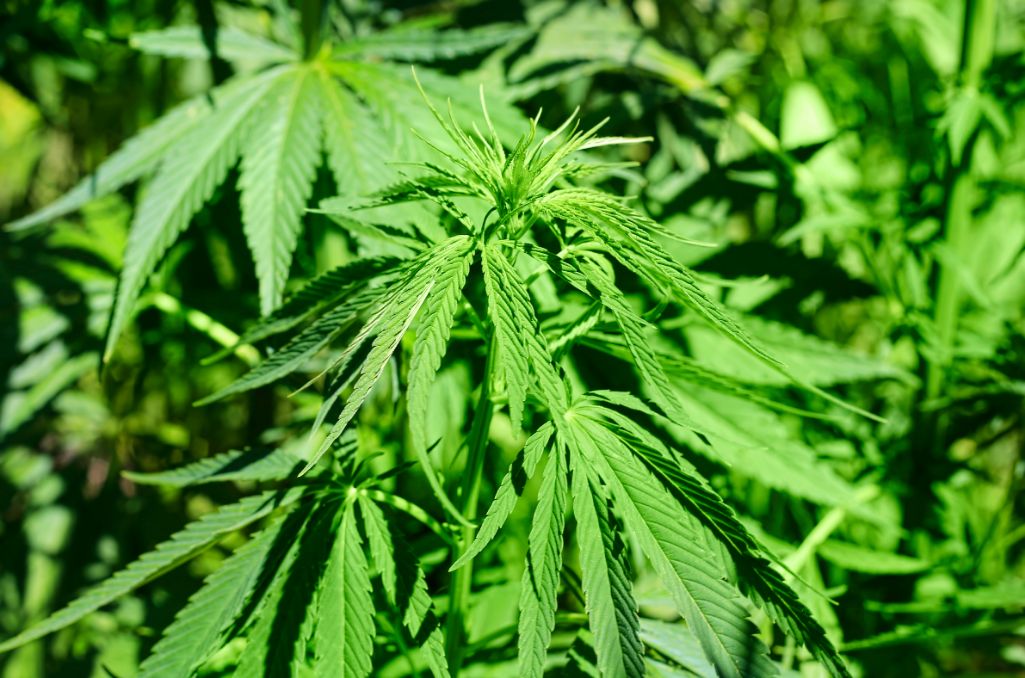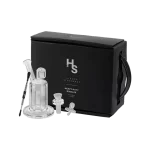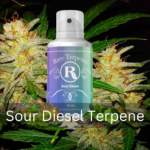Introduction
As more and more people turn to cannabis-derived products for pain relief, there are many questions regarding the legality of CBD in France. In this article, we’ll take a look at the legal landscape surrounding CBD usage in France, as well as its growing popularity and potential health benefits.
What is CBD?
The first thing you need to know is that CBD is a non-psychoactive chemical compound found in cannabis. It doesn’t get you high, but it can help with a wide range of health problems.
CBD works by interacting with the body’s endocannabinoid system (ECS), which regulates things like mood and appetite as well as pain perception. When you take CBD oil or hemp seed oil capsules, your body absorbs those compounds into the ECS and uses them for various functions throughout your body.
As such, many people use CBD products to treat chronic pain conditions such as arthritis or multiple sclerosis; anxiety disorders like PTSD; insomnia; nausea associated with chemotherapy treatment; depression–and more!
CBD is particularly useful for treating chronic pain because it doesn’t have any psychoactive effects. This means that it won’t make you feel “high” or “stoned.” That’s why CBD oil is often used as a treatment for medical conditions like anxiety, depression, and insomnia; all of which can be exacerbated by using cannabis products with higher levels of THC (the component in marijuana that gets people high).
Why Use CBD in France?
CBD is a natural product that can be used as an alternative to pharmaceutical drugs. It’s also safe and legal in France. This makes it a great option for those who want to avoid the side effects of prescription medication, but still get the benefits of medical cannabis. As the French say, CBD vente France, or sales of CBD in France have been on the rise with no signs of slowing down.
The Legal Situation of Using CBD Oils in France
CBD oil is legal to buy, sell and use in France. However, you cannot purchase it over the counter at your local pharmacy or grocery store. If you want CBD oil from a shop or online, then you will need a prescription from a doctor stating that you have been diagnosed with one of the conditions listed below:
- Chronic pain (e.g., arthritis)
- Anxiety disorders (e.g., stress)
- Depression
CBD is a non-psychoactive compound that has been proven to treat a number of medical conditions, including chronic pain and anxiety. This makes it an effective alternative to prescription medications like opioids, which are often highly addictive and can lead to fatal overdosesPTSD Seizure disorders (e.g., epilepsy) Multiple sclerosis Crohn’s disease.
If you’re interested in using cannabis-derived products, it’s important to understand the legal issues involved.
If you’re interested in using cannabis-derived products, it’s important to understand the legal issues involved.
CBD is not psychoactive and is therefore not subject to French drug laws. However, CBD can still be regulated by the government if it contains more than 0.2% THC (the primary psychoactive component of cannabis). This means that some CBD products from CBD wholesale companies may be illegal in France if they contain any trace of THC whatsoever; however, many reputable manufacturers will test their products for THC content before selling them on French soil so as not to run afoul of this regulation.
If you want to buy CBD oil from a company based outside of France–or even just purchase one online–you’ll need access cards for domestic delivery services like Colissimo (which lets customers track packages) and Chronopost (for same-day delivery).
Conclusion
CBD is a promising medical treatment, but it’s important to understand the legal issues involved. If you’re interested in using cannabis-derived products, it’s important to understand the legal issues involved.
Medical Disclaimer:
The information provided in these blog posts is intended for general informational and educational purposes only. It is not a substitute for professional medical advice, diagnosis, or treatment. Always seek the advice of your physician or other qualified healthcare provider with any questions you may have regarding a medical condition. The use of any information provided in these blog posts is solely at your own risk. The authors and the website do not recommend or endorse any specific products, treatments, or procedures mentioned. Reliance on any information in these blog posts is solely at your own discretion.
















